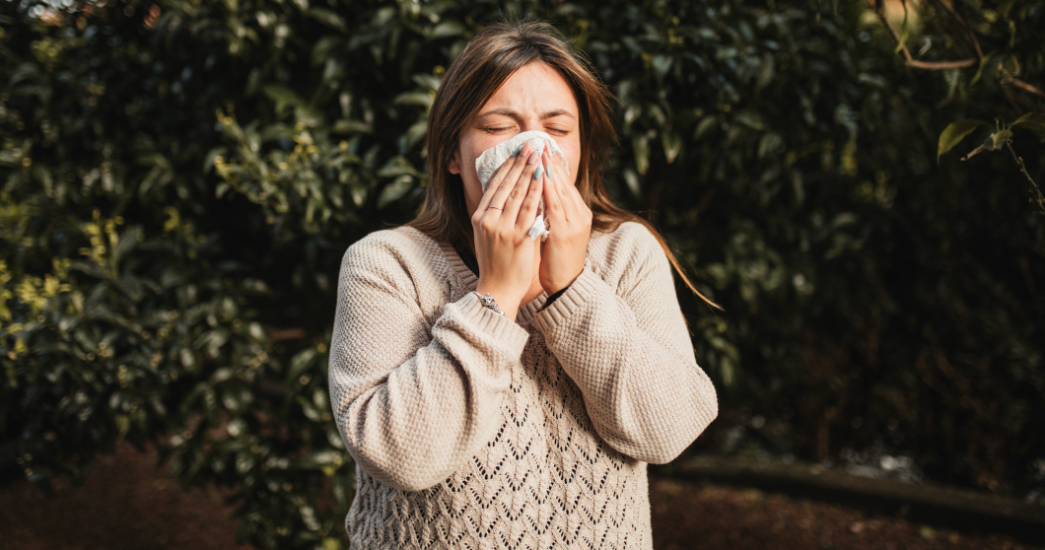
Published November 2021
Flu season is here. Last year, with remote school and work, more time spent at home and attention to COVID-19 precautions high, flu season barely happened. This year could be a different story. As life returns to a more normal state, health experts suspect we could be at risk for a severe flu season, all while COVID-19 remains an ongoing health concern.
Here’s everything we know about this year’s flu season and how you can protect yourself and your loved ones amid the pandemic:
1. Getting Vaccinated for the Seasonal Flu
Flu viruses are constantly changing, so each year they’re evaluated and updated to match the most common strains in circulation. This year, the flu vaccine composition has been updated to protect against the four most common flu viruses. Who needs protection? The CDC recommends that anyone age six months and older receive the flu vaccine by the end of October or as soon as possible. It takes about two weeks after vaccination for antibodies to develop, and while flu season can vary, flu activity typically peaks between December and February. If you’re 65 years or older, ask your doctor or health care professional about the enhanced flu vaccine, which is specifically designed to create a stronger immune response in older people.
2. The Flu Vaccine vs. the COVID-19 Vaccine and Booster
While Moderna recently announced they’re working on a combined flu/COVID-19 vaccine as an annual booster, currently the flu vaccine does not protect against COVID-19 and vice versa. If you’re not already vaccinated for COVID-19 or you’re eligible for a COVID-19 booster, you can safely get both your seasonal flu vaccine and your COVID-19 vaccine or booster at the same time.
COVID-19 boosters are now available for all three vaccines: Pfizer-BioNTech, Moderna and Johnson and Johnson. Additionally, the CDC has given the green light to “mix and match” brands depending on what boosters are available. For the latest information on boosters and eligibility, refer to the CDC website.
3. What to Expect This Flu Season
Between 2020 and 2021, the flu was essentially non-existent with only 2,000 confirmed lab cases compared to 38 million the year prior. Experts believe this was largely due to preventative COVID-19 measures such as mask wearing, vaccinations, remote school and work, staying home when sick and a general decrease in social events and gatherings. This year, as many experience COVID-19 fatigue and become lax with masks and other COVID-19 precautions, schools return to full-time, in-person learning and people return to work and life activities, health experts express concern that the flu could make an aggressive comeback. These factors come paired with a general lack of exposure and subsequent immunity from the 2020-2021 season, making it possible we could be more susceptible to the flu this year.
When it comes to keeping the whole family healthy amid an uncertain flu season, getting vaccinated for both the seasonal flu and COVID-19, followed by practicing flu-preventive, healthy habits, is your best line of defense.
To confirm eligibility for any programs or services mentioned in this article as it relates to your specific health plan, please reach out to your account executive or HR benefits team. You may also speak to our member services team at (888)-333-4742 or by sending a secure email. And for plan details and other member resources, log in to the member portal.


